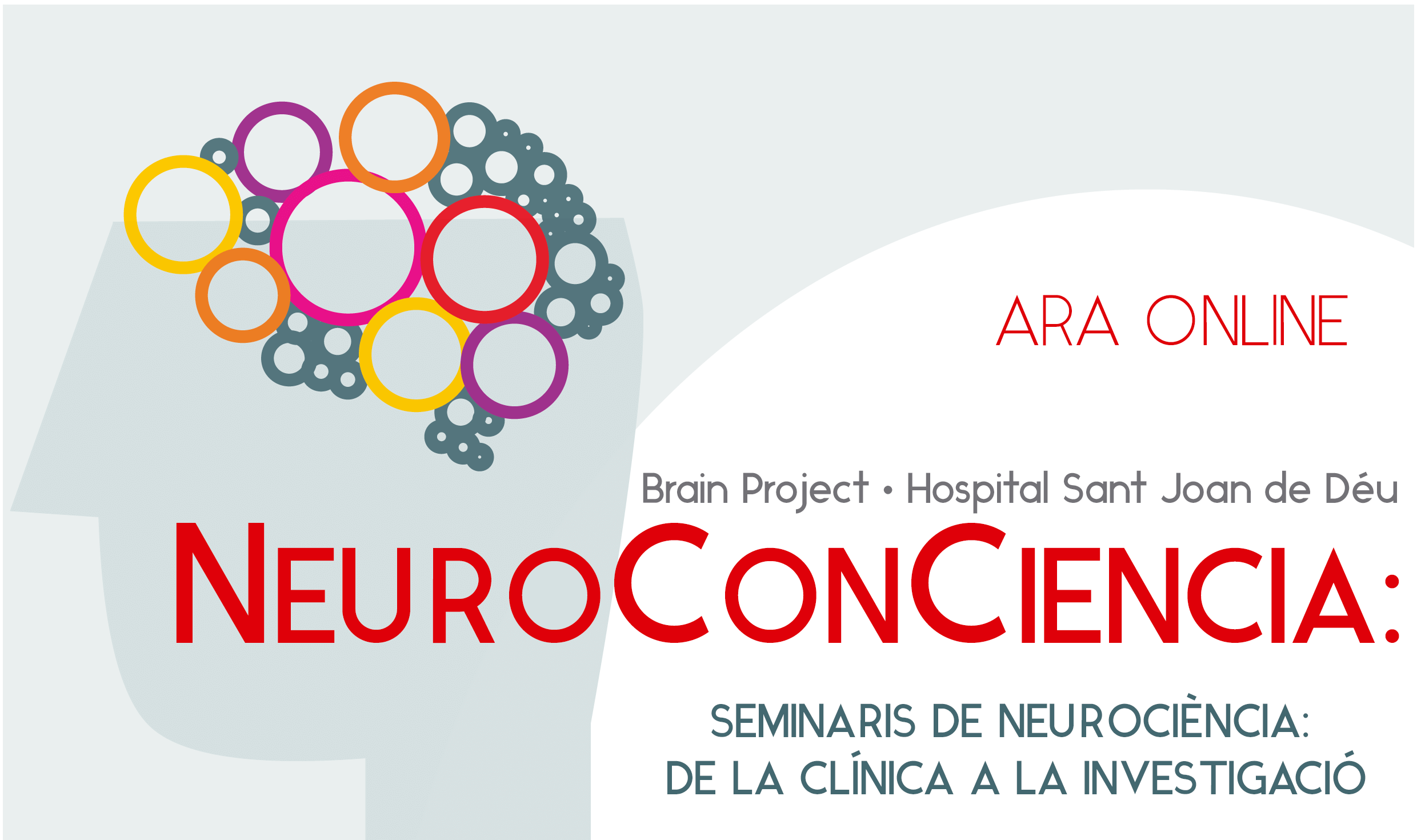#NeuroConCiencia · Neural mechanisms of auditory cognition: basic research and clinical applications
- Dr. Carles Escera. Professor of Cognitive Neuroscience, ICREA Academia; Department of Clinical Psychology and Psychobiology, and Institute of Neurosciences, University of Barcelona. Group leader Cognitive neuroscience · Institut de Recerca Sant Joan de Déu (IRSJD)
If you wish to obtain the connection link, contact with comunicaciofsjd(ELIMINAR)@fsjd.org (exclusive seminar for staff of the institution.)
Abstract
This talk will address a very simple question: how the brain makes sense of sound around us to give rise to the subjective experiences of speech and music. I will depart from a miss-conceived view of the auditory system, one that puts excessive emphasis on the auditory periphery and the auditory cortex, neglecting the intrinsic anatomical complexity of the entire auditory pathway. Then, I will discuss evidence gathered in my lab showing that auditory cognitive function relies on neural mechanisms distributed along the entire auditory hierarchy but work in an integrated fashion, to compute the statistics in the auditory scene along multiple temporal scales, to allow for an adaptive representation of the soundscape. Finally, I will go to a finer-grained level to show the details of the neural encoding mechanisms of complex sounds, such as the sounds of speech, to conclude that the experimental tools used in this endeavor may provide probes for the early detection of individuals at risk of neurodevelopmental and neuroeducational delays.
Language: spanish

